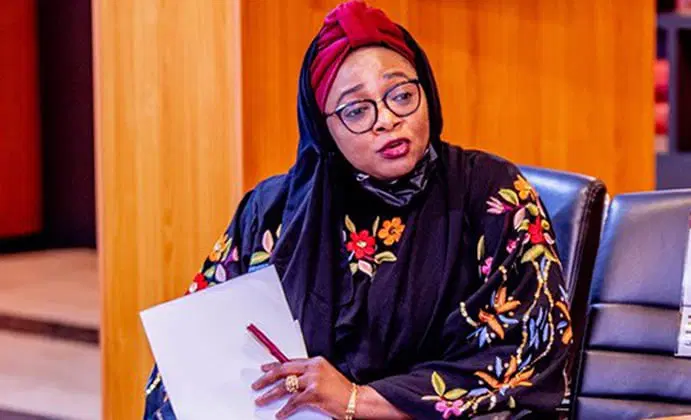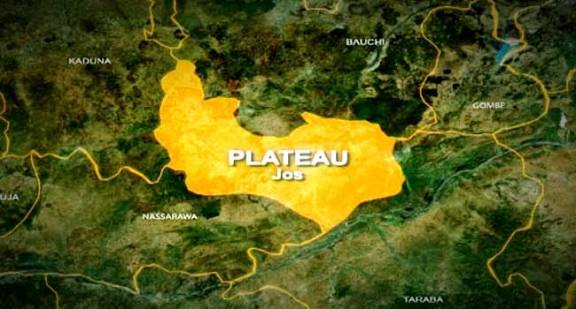French telecom giant Orange announced a partnership with Microsoft-backed OpenAI and Meta to develop custom AI models that better understand regional African languages.
Orange is collaborating with OpenAI and Meta to create custom AI models based on their Whisper and Llama open-source frameworks.
These models aim to better understand West African languages, which are often not supported by most conversational systems, according to CNBC.
Currently, many AI models are trained on data from the United States, which can result in a loss of cultural and linguistic context for regions like Europe, the Middle East, and Africa.
As a result, these models often struggle to understand text and voice communications in less-represented languages, according to Steve Jarrett, Orange’s chief AI officer.
“Having an open model, you’re able to do what’s called fine tuning, where you you introduce additional information to the model that wasn’t included when it was first trained,” Jarrett stated. “We’re adding the recognition of West African regional languages that are not understood today by any AI.”
Orange plans to launch AI models in early 2025 that will support two West African languages, Wolof and Pulaar.
Wolof is spoken by around 16 million people in Senegal, the Gambia, and southern Mauritania, while Pulaar is primarily spoken by six million people in Senegal.
Orange will provide the open-source AI models with a free license for non-commercial uses, such as public health and education. The company plans to expand this initiative to cover all 18 West African countries in the future.
“We’re operating in West African countries where a lot of these regional languages are being spoken in our contact centers, but where the current AI models don’t understand what these people are typing or saying,” Jarrett said.
According to Orange’s AI chief, major large language models like OpenAI’s GPT, Meta’s Llama, and Anthropic’s Claude are not well-suited to the needs of Africans, as they were not trained on data specifically from the region.
The move aligns with the growing global concept of “sovereign AI,” which emphasizes developing AI systems tailored to the specific needs and contexts of individual regions or countries.
“Sovereign AI” refers to the idea that countries and regions should have greater control over the technological infrastructure powering AI systems, including localizing data storage and processing to better represent specific languages, cultures, and histories.











